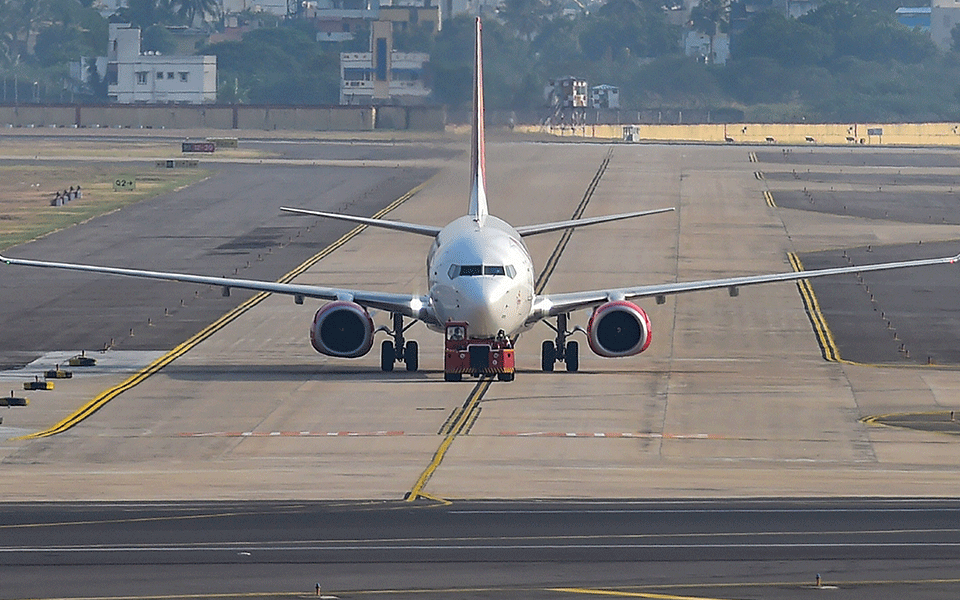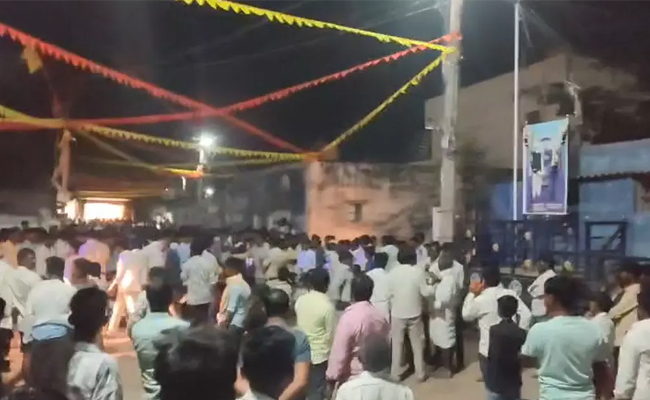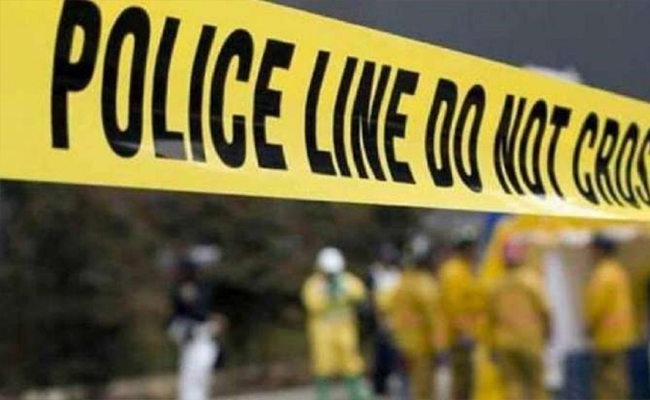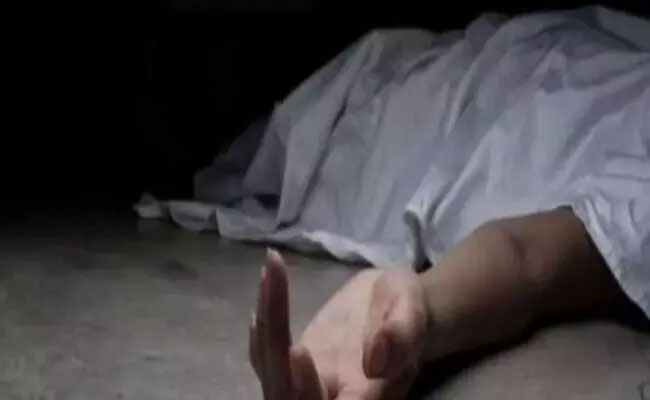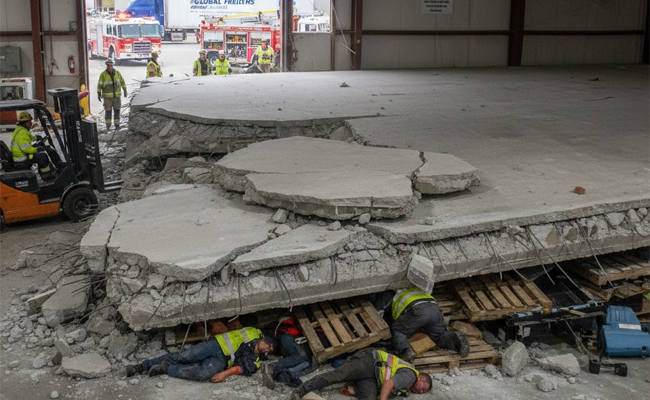Dubai: Indian expats in the UAE are seeking exemption from the self-paid COVID-19 tests for passengers on their arrival in India, saying it would be an added burden for those returning home after losing their jobs during the ongoing pandemic, according to a media report.
In a plea, the expats have urged the Indian government to fund the RT-PCR test on arrival in India and exemption for children below 12 years from getting tested twice- in the UAE and India. Various community groups and social workers have supported the plea, the Gulf News reported.
India has since February 23 made it mandatory for passengers to produce the negative report of the RT-PCR tests taken within 72 hours before their departure to India.
The passengers are also required to undergo self-paid confirmatory molecular test on arrival in India.
The on-arrival test cost would be an additional burden for several Indian families flying home, Ashraf Thamarassery, a prominent social worker and winner of India's Pravasi Bharatiya Samman Award for NRIs, said.
There are many people, who have lost jobs, flying back home. There are families with four or five members leaving the UAE. Also, how can people, who are leaving after staying without any documents and financial cases, pay this amount? Those who came on visit visa looking for jobs will also be affected, Thamarassery was quoted as saying in the report.
He said the Indian government should urgently address the issue and help fund the tests.
He said that the people coming to the UAE are also tested on arrival but the government is bearing the cost of testing passengers of all nationalities.
K V Shamsudheen, who runs Sharjah-based Pravasi Bandhu Welafre Trust, said he has written a letter to Kerala Chief Minister Pinarayi Vijayan to stop the self-paid test on arrival.
Meanwhile, some expats are even delaying their journey to India hoping that the government would revise the rules, the news report said.
Let the Truth be known. If you read VB and like VB, please be a VB Supporter and Help us deliver the Truth to one and all.
Koppal: Tension prevailed in Halwarti village of Koppal taluk after a clash reportedly broke out between members of Dalit and upper-caste communities over the hoisting of an Ambedkar flag during the Beeralingeshwara fair.
According to police, a verbal argument between youths from the two communities escalated into a physical confrontation, leading to unrest in the village.
In a related development, it has been alleged that members of the upper-caste community entered the house of a Dalit youth, identified as Gavisiddappa Hosamani, damaged the door and vandalised the front portion of the house.
As a precautionary measure, additional police personnel have been deployed in the village to maintain law and order.
Police said a complaint has been registered at the Koppal Rural Police Station and five persons have been arrested in connection with the incident. Further investigation is under way.

